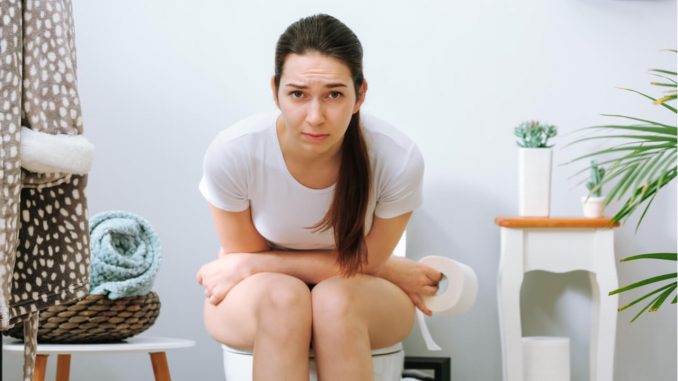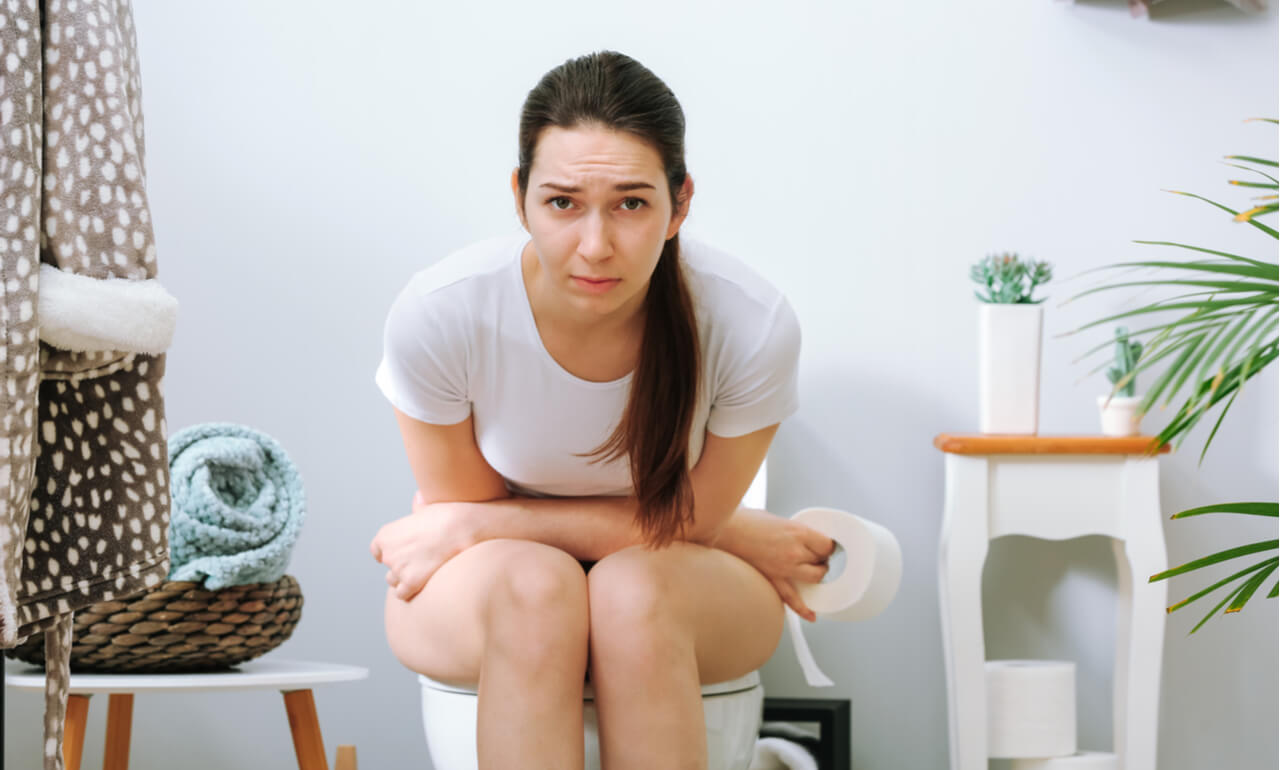
If you have a pelvic floor disorder, there are 10 signs that you don’t even know about!
About 25% of all women in the United States have a problem with their pelvic floor. Here are some signs that you might have one.
Table of Contents
Pelvic floor: What is it?
Men and women both have a pelvic floor, which is a hammock-shaped group of muscles, ligaments, connective tissues, and nerves that support the bladder and rectum. In women, the pelvic floor also helps the uterus and vagina work properly. That’s why women are more likely to have problems with their pelvic floor. In fact, a recent study looked at data from five years of National Health and Nutritional Examination Surveys that included nearly 8,000 non-pregnant women. It found that 17% of them had moderate-to-severe urinary incontinence and 9.4% had faecal incontinence, both common types of pelvic floor disorders.
You are unable to control your bladder

If you have urinary incontinence, which is when you can’t control your bladder and leak, you have a pelvic floor disorder. Some people have “stress incontinence,” which is when they cough, laugh, or sneeze and their urine comes out. Kimberly Ferrante, MD, says this: “It’s when you cough, laugh, or sneeze and your urine comes out.” Women who do a lot of heavy weightlifting or CrossFit-style workouts are also more likely to have incontinence because of all the pressure lifting and hard exercises they do. Here’s what your bladder is trying to tell you in a secret way.
When you touch your vagina, it feels a little weird

NIH: If your vagina is heavy or full or hurts and gets worse through the day, that could be a sign of a pelvic floor disorder. By reading this, you will find out the 13 things your vagina is trying to tell you.
There is nothing you can do about your bowels
As embarrassing as it may be to have a leaky stool, it’s the second most common type of pelvic floor disorder, says Columbia University Medical Center. Crohn’s disease, multiple sclerosis, or even diabetes can cause it. It can happen to both men and women, but it’s more common in healthy women after they’ve gone through menopause. When your pelvic floor muscles relax and contract in a coordinated way, they help you get rid of your stool. If those muscles don’t work properly, you may find yourself running for the bathroom.
You have a bulge in your vagina that you don’t know what to make of

As soon as you start feeling something in your vagina, don’t be alarmed. Most of the time, you’re just having a vaginal prolapse. People can see the bulge if they look. It’s vaginal tissue that comes out of the vagina; sometimes it’s gradual, and sometimes it comes out all at once after a bad cough. It’s not just women who say they feel like they’re sitting on an egg, or a grapefruit if it’s big enough. When a woman has given birth, prolapse is most common. It’s caused by weak pelvic muscles and other supporting tissues that make things fall out of place.
Sex hurts

Having sex should make you feel good, not bad. If you have pain or muscle spasms while doing the deed, you might have a pelvic floor disorder. People who have a problem with their pelvic muscles can have pain while having sex, says Dr. Ferrante. Some people can’t have sex because of the pain, though. Because sex can be painful, here are 11 more reasons why.
There are times when you just can’t pee
As time goes on, it could be a urinary tract infection, but it could also be a pelvic floor disorder if it keeps up.
You’re constipated, so you need to go to the bathroom

Most of the time, your pelvic floor muscles relax and contract in the right way at the right time to make it easy for you to empty your bowels. But, if you’re always having to strain to go, that could be a sign of a pelvic floor disorder.
You’re too fat

Dr. Ferrante says that being overweight can make pelvic floor problems even worse because of all the pressure that is being put on the muscles by all the food. According to a recent study in the journal Obstetrics & Gynecology, having a high body mass index (BMI) was linked to having one or more pelvic floor disorders.
You suffer from a lung disorder
There are things like asthma and lung cancer that make people cough a lot. These things can cause problems with the pelvic floor because of the strain they put on their bodies.

Leave a Reply